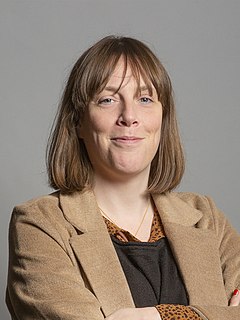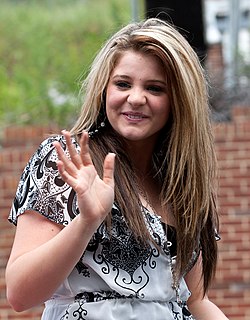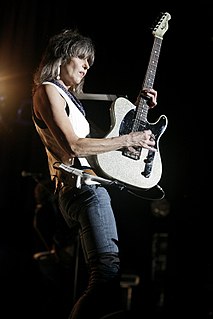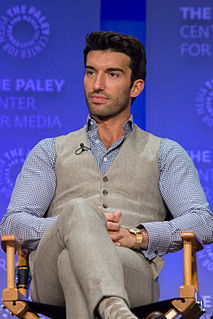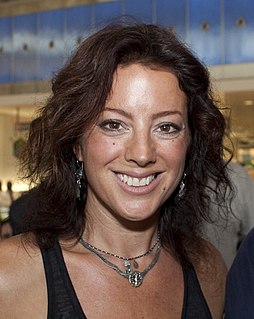A Quote by Jess Phillips
Every time I speak out about anything feminist I will be shot down by people calling me fat, calling me stupid. And it's all because I am speaking from a feminist perspective.
Related Quotes
I am a feminist - I just think the label reflects my beliefs - but, you know, we say 'Rookie' is a website for teenage girls, not a feminist website for teenage girls. That's not because I'm not proud to call myself a feminist, but when you're calling attention to a project, you can very easily be pigeonholed by choosing certain identifiers.
The word 'feminist' is a word that discriminates, and I'm not into that. I don't think there has to be a separation in life in anything. [...] Labels are for other people to understand us, so for me, I know how I feel and I don't need to call myself a 'feminist' or 'not a feminist' because I know what my truth is.
Quite frankly, I talk about the fact that I'm a feminist as often as I can, and every time I do, it gets huge reaction, and media reacts, and the Twitterverse explodes and things like that, because here I am saying I'm a feminist. I will keep saying that until there is no more reaction to that when I say it, because that's where we want to get to.
I cannot imagine why a woman would ever call herself anything but a feminist. But a man calling himself a feminist, what does that mean? The answer is he wants to be taken as a good guy. Your choice is between saying you're a feminist and raising a flag at a "Take Back the Night" rally and being a men's rights activist, which is basically the only two ways men have of talking about gender right now, I mean that's just ridiculous. That's just two extremes that are totally useless.
I can't really speak to what it was like to call yourself a feminist in the past on a personal level but I think calling oneself a feminist in the past may have been inimical because feminists in the '70s were the first to really challenge deeply embedded gender roles and demand concrete political and economic rights. They were asking for rights that seemed like a direct threat to those in power - they were asking for equality in a society that didn't have it in an obvious way. They were put down and villainized because they were seen as threatening.
It's always been important to me to be very upfront with people about the fact that I do identify as a feminist because it's an opportunity to expose people to and educated them about the movement. Young women don't identify as feminist is because they don't know any feminists and don't have a comprehensive understanding of what it is, I gave them example and an opportunity to ask about it. And once they saw that I wasn't the embodiment of the negative feminist stereotype - that I was a normal teen girl just like them - I think they became more open to learning about what feminism really is.
